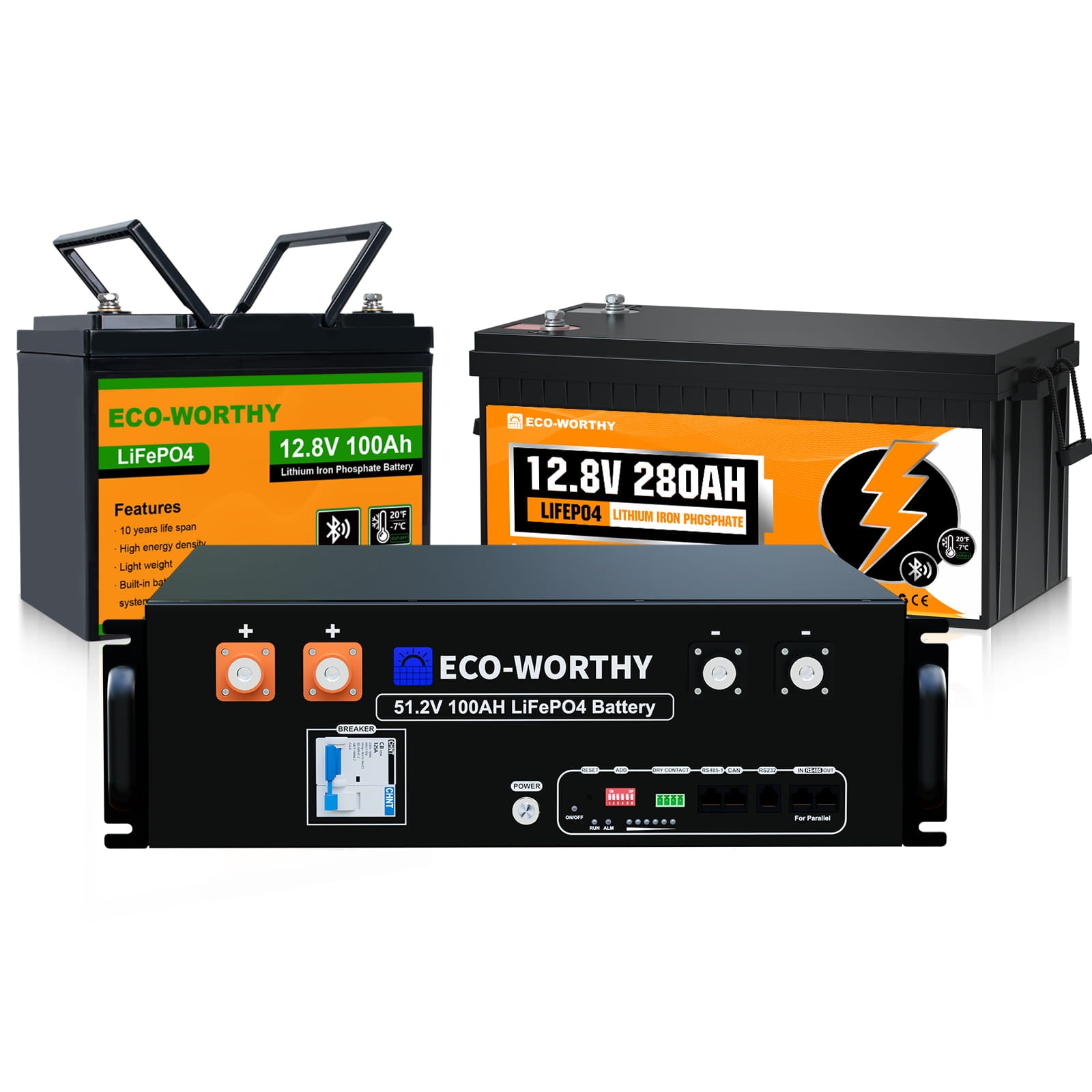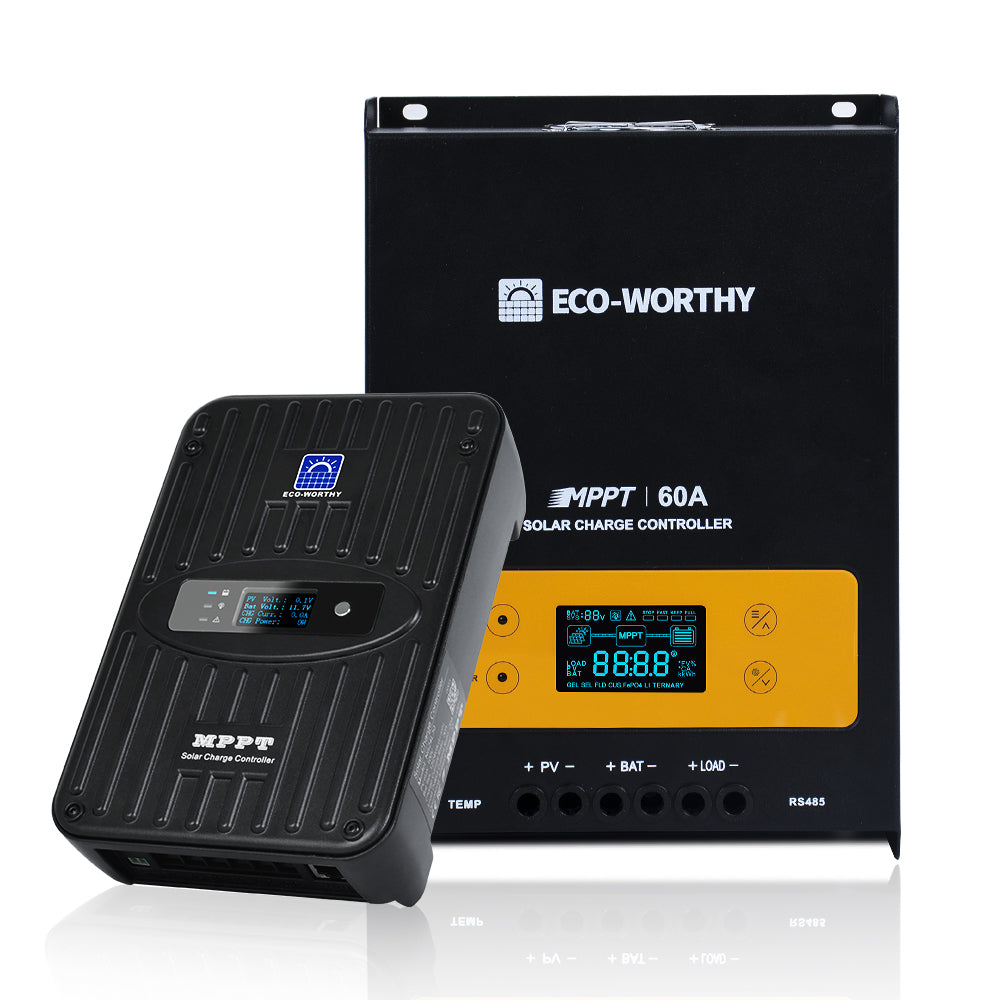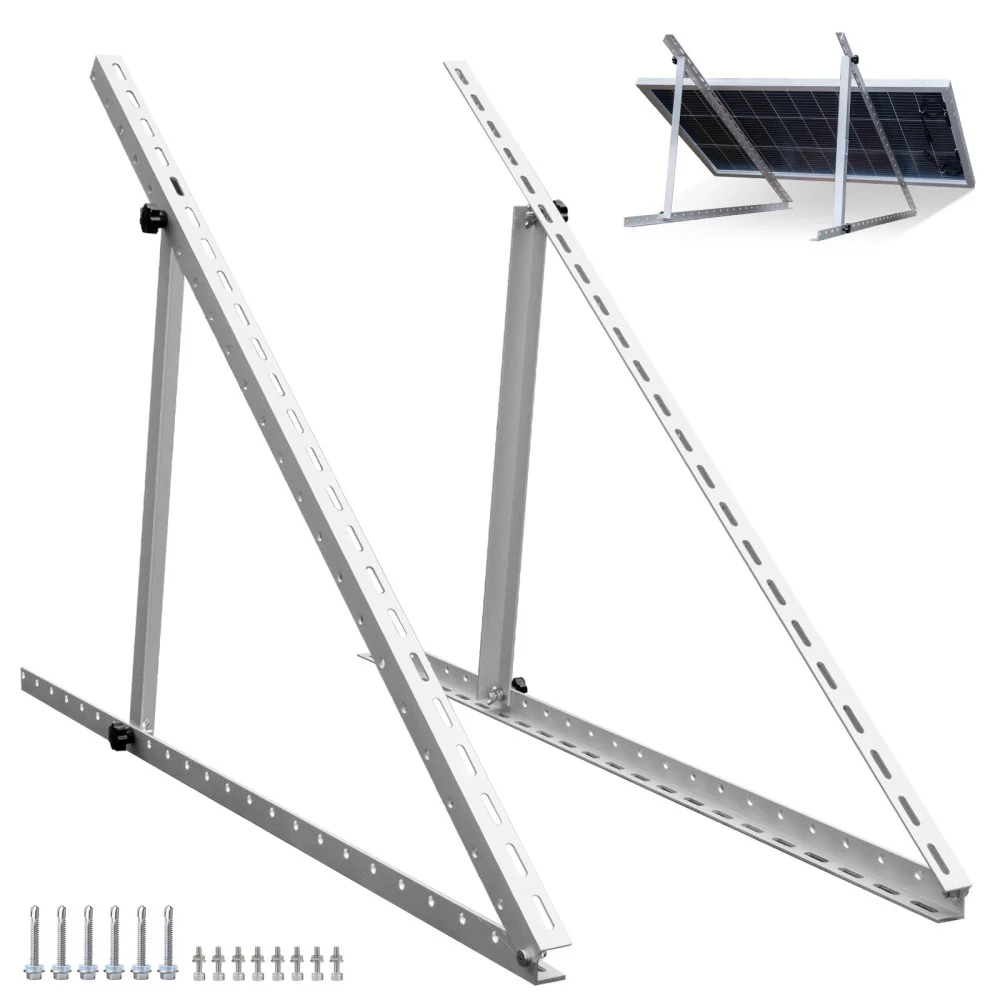When planning a camping trip, reliable battery power is crucial to keep your essential gear functioning smoothly. From lighting and communication devices to outdoor appliances, a dependable battery source can make the difference between a successful outing and a frustrating experience. As you prepare for your next adventure, it's important to consider the battery technology that can truly elevate your time in the great outdoors. In this guide, we'll explore why lithium batteries have emerged as the optimal choice for campers, providing exceptional performance, portability, and longevity to power your expeditions with confidence.
What Makes Lithium Batteries Ideal for Camping?
Lithium batteries stand out as the superior choice, offering a remarkable combination of features that cater to the unique demands of the great outdoors.
1. Exceptional Energy Density
Lithium batteries boast an unparalleled energy density, allowing them to pack significantly more power into a compact form factor compared to traditional battery types. This exceptional energy storage capacity translates to extended usage times, enabling campers to power their essential devices for longer periods without the need for frequent recharging.
2. Lightweight and Portable
One of the key advantages of lithium batteries is their remarkably lightweight and portable nature, making them an ideal companion for backpackers and campers with mobile setups. In contrast to the heftier lead-acid batteries of the past, lithium-powered solutions offer a streamlined and easily transportable option, ensuring your camping gear remains lightweight and manageable.
3. Rapid Recharging
Lithium batteries excel at quick recharging, a crucial consideration for campers who may have limited access to power sources. These batteries can be replenished in a fraction of the time required for other battery types, allowing you to swiftly restore your energy reserves and get back to enjoying your outdoor adventures.
Impressive Longevity
Lithium batteries are renowned for their exceptional durability and long lifespan, providing campers with a cost-effective solution that can be relied upon for years to come. Their resilience against wear and tear, as well as their resistance to the effects of deep discharging, ensures a reliable power source that can withstand the rigors of the camping environment.
5. Broad Temperature Tolerance
Camping often involves exploring diverse climates, from scorching deserts to chilly mountain peaks. Lithium batteries excel in their ability to perform consistently across a wide range of environmental conditions, maintaining their efficiency and delivering reliable power regardless of the temperature fluctuations you may encounter.
Types of Lithium Batteries for Camping
As you consider lithium batteries for your camping needs, it's important to understand the diverse options available, each with its own unique characteristics and applications.
1. Lithium-Ion Batteries: Powering Portable Electronics
Lithium-ion batteries have become a common choice for powering portable electronics, from smartphones to laptops. These batteries offer exceptional energy density, making them an excellent option for lightweight camping and trekking setups. Their compact size and reliable performance make them well-suited for powering your essential devices while on the trail or in the great outdoors.
2. LiFePO4 Batteries: Stability and Suitability for RVs
For campers with more extensive setups, such as recreational vehicles (RVs) or base camp scenarios, lithium iron phosphate (LiFePO4) batteries can be a compelling choice. These batteries feature enhanced safety features and exceptional stability, making them well-suited for powering larger appliances and equipment. Their robust construction and thermal stability ensure reliable operation, even in demanding camping conditions.

3. Other Lithium Battery Variants
While lithium-ion and LiFePO4 batteries represent the mainstream options for camping, specialized lithium battery variants have also emerged to cater to niche applications. Lithium polymer batteries, for instance, offer unique advantages in terms of form factor and flexibility, making them suitable for powering specialized camping gear or integrated into innovative outdoor equipment.
Considerations for Choosing a Lithium Battery for Camping
When powering your camping adventures, carefully evaluating a range of factors is crucial in ensuring you select the optimal lithium battery solution.
1. Battery Capacity Needs
The first and perhaps most crucial consideration is the capacity requirement of your camping setup. Carefully assess the power demands of your essential devices, appliances, and equipment, and determine the appropriate amp-hour (Ah) rating that can adequately fulfill your energy requirements throughout the duration of your trip.
2. Solar Charging Compatibility
For campers seeking a self-sufficient and sustainable power source, the seamless integration of lithium batteries with solar charging systems is a vital consideration. Ensuring your chosen battery is compatible with solar panels can unlock the potential for off-grid camping, allowing you to recharge your power reserves directly from the sun's abundant energy.
3. Balancing Cost and Quality
While lithium batteries may carry a higher initial cost compared to traditional battery types, it's essential to consider the long-term value and cost-effectiveness of your purchase. Factor in the durability, lifespan, and warranty offerings of the battery to make an informed decision that aligns with your budget and camping lifestyle.
4. Weight and Size Constraints
The weight and size of your lithium battery can have a significant impact on your camping experience, particularly for backpackers or those with limited storage space. Carefully consider the specific requirements of your camping mode, whether it's lightweight backpacking, car camping, or RV adventures, and select a battery that strikes the right balance between power capacity and portability.
How to Maintain and Safely Use Lithium Batteries for Camping
Ensuring the longevity and safe operation of your lithium batteries is crucial for a worry-free camping experience.
Proper Battery Charging
When it comes to charging your lithium batteries, it's essential to follow the manufacturer's recommendations. Using the designated chargers and avoiding both overcharging and deep discharging can help extend the lifespan of your batteries and maintain their optimal performance.
Appropriate Battery Storage
Proper storage is key to preserving the health and longevity of your lithium batteries, both during and between camping trips. Ensure that you store the batteries at the correct temperature and charge level to prevent degradation. For long-term storage during the off-season, consult the manufacturer's guidelines to ensure your batteries are well-protected.
Safe Handling and Transportation
Lithium batteries require careful handling to prevent damage and potential hazards. Familiarize yourself with safe handling practices, such as avoiding physical impact or exposure to extreme temperatures. Additionally, be mindful of any regulations or guidelines regarding the transportation of lithium batteries, especially when traveling to your camping destination.
Maximize Your Camping Power with Lithium Batteries
When planning your next outdoor adventure, equipping yourself with reliable and efficient lithium batteries can be the key to a seamless and worry-free camping experience. By leveraging the exceptional performance, portability, and longevity of these power sources, you can confidently power your essential devices and fully immerse yourself in the great outdoors. Whether you're a backpacking enthusiast or an RV camper, the right lithium battery can adapt to your specific needs, empowering you to make the most of your time in nature. Consider lithium batteries to fuel your camping explorations.
















